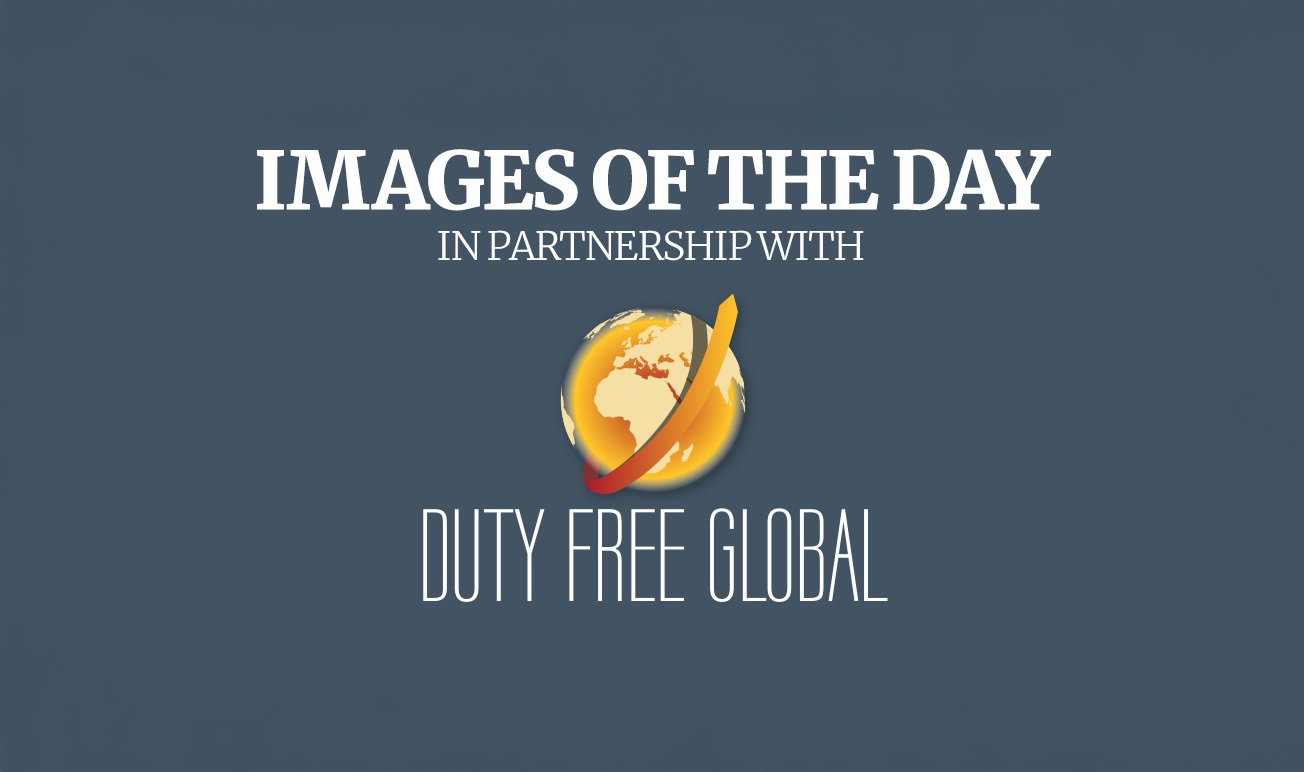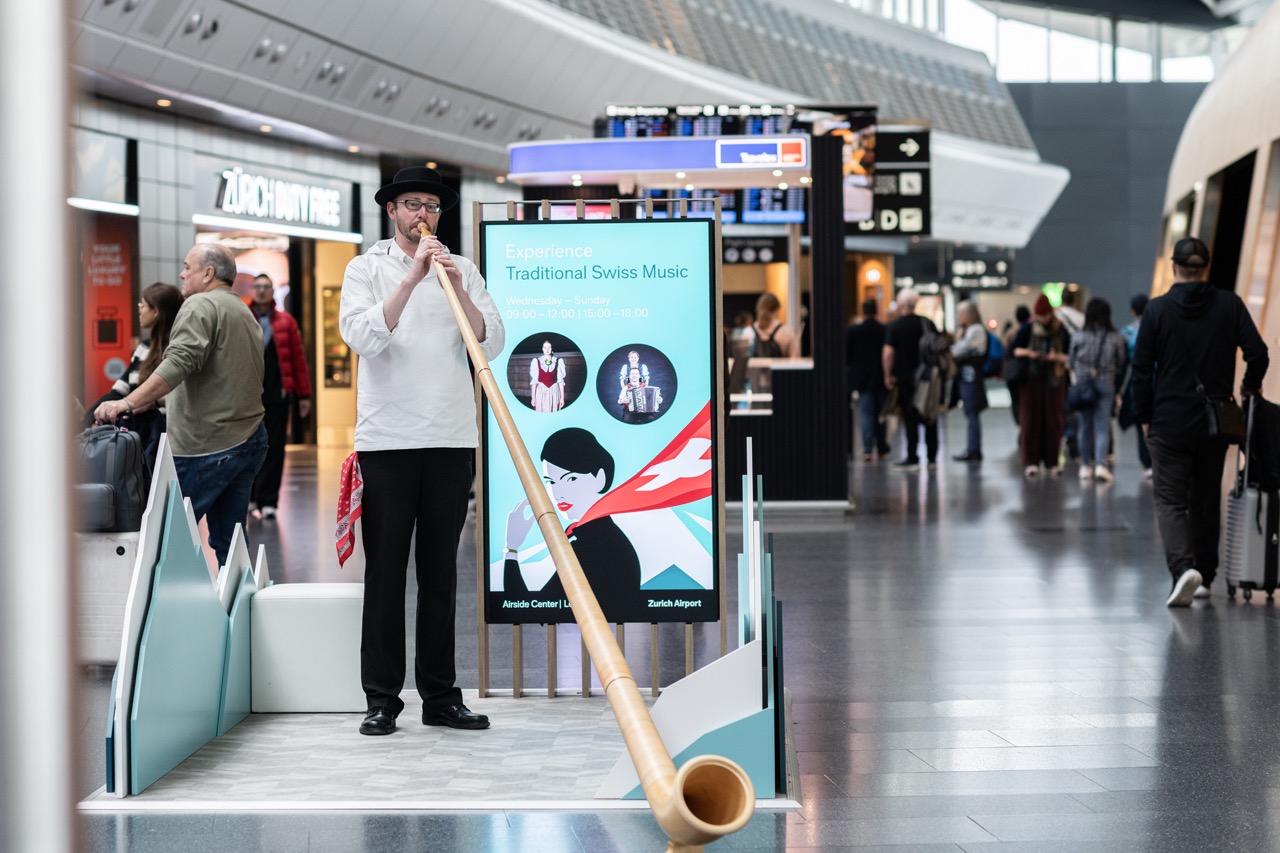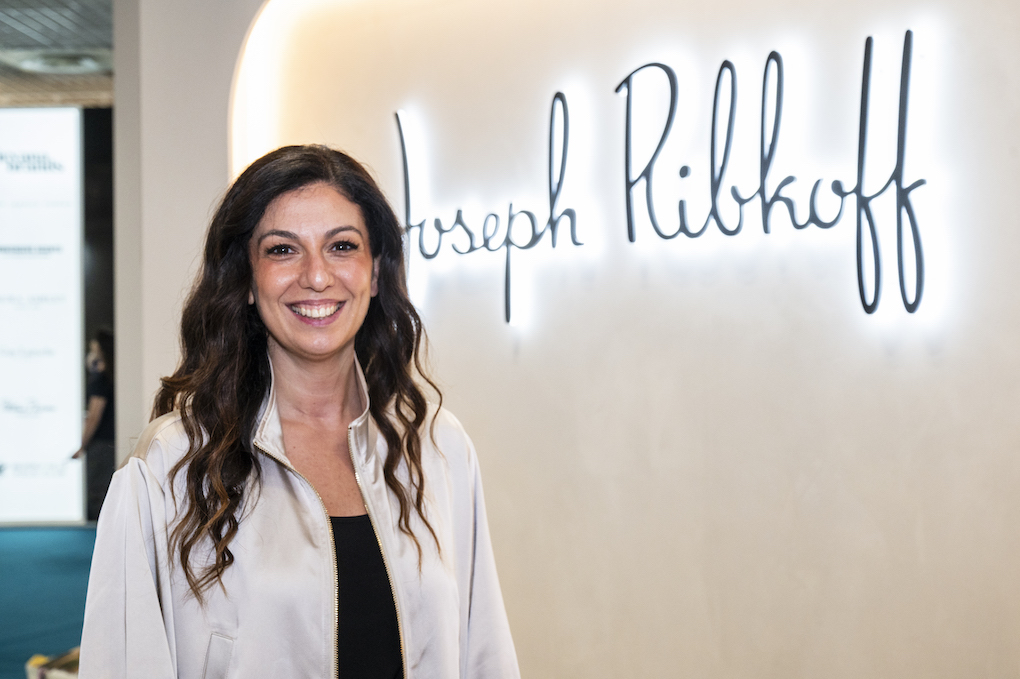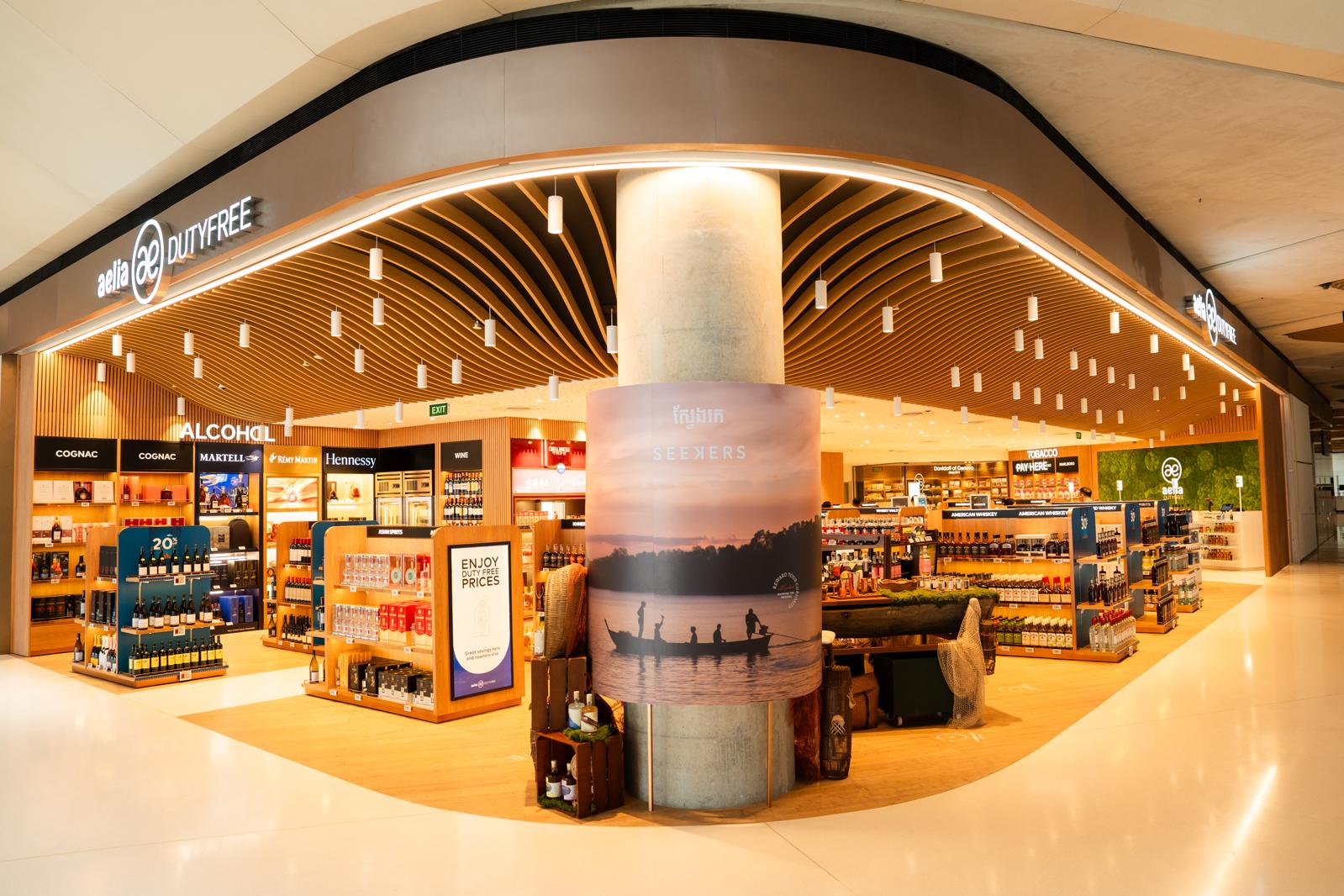| Update – can Level 3 be avoided? Korean authorities are aiming to contain the latest COVID-19 wave without raising current restrictions to Level 3, due to concerns over the impact on the economy, The Korea Herald reported today. Instead of applying measures that would deal a severe blow to millions of small merchants, health authorities have deployed targeted virus curbs, the title said. Starting today, gatherings of five or more people have been banned in the Greater Seoul area. Restaurants there will face fines if they allow gatherings of more than four people. The strongest-ever measures will be applied nationwide starting Thursday as well. Ski resorts and famous tourism venues will be shut down to slow the spread of the virus during the Christmas and New Year’s holiday season, the report said |
SOUTH KOREA. Travel retail stakeholders across the country are convening emergency meetings to determine the fallout should the Government raise coronavirus social distancing measures to the maximum Level 3 this weekend, writes The Moodie Davitt Report Senior Retail and Commercial Analyst Min Yong Jung*.
Under existing measures, downtown duty free stores can remain open until 9pm each day. However, under Level 3 they would need to close (only stores selling household essentials such as supermarkets and convenience stores would be allowed to trade).
The all-important daigou trade could still continue via online purchases as long as Incheon International Airport remains open and the export pickup counters are still operational.
Nevertheless, the unprecedented imposition of Level 3 and the associated closure of Korea’s downtown duty free stores – which collectively gross over US$1 billion each month – would likely have a highly detrimental impact on the travel retail market. While store traffic has slumped due to the pandemic, a big portion of the critical daigou trade still begins from downtown duty free.
One leading downtown duty free retailer told The Moodie Davitt Report that its solution would be to deploy ecommerce to replace the orders currently being received downtown. The purchased products would than be collected at Incheon International Airport’s export pick-up counters. But because Level 3 has never been imposed before, retailers are unsure just how big an impact it could have on the daigou business.
On 6 December South Korea raised the social distancing regulations for the Greater Metropolitan Seoul area to Level 2.5 and the rest of the country to Level 2 as part of a nationwide effort to stem a new COVID-19 wave.
Confirmed new cases soared above 1,000 for the first time in three days today, with 1,060 of the 1,092 infections locally transmitted. That follows daily counts of 1,062; 1,053; 1,097; 926; and 869 cases. The government’s guidelines for social distancing state that weekly average daily cases between 800 to 1,000 can trigger the imposition of Level 3 social distancing.
Existing social distancing regulations, which end on 28 December, will be reviewed this weekend.

South Korea has witnessed 52,550 cases since the outbreak of COVID-19. The recent wave has startled both the government and its citizens because of the high number of new daily infections and the rapid spread in the densely populated Greater Seoul area.
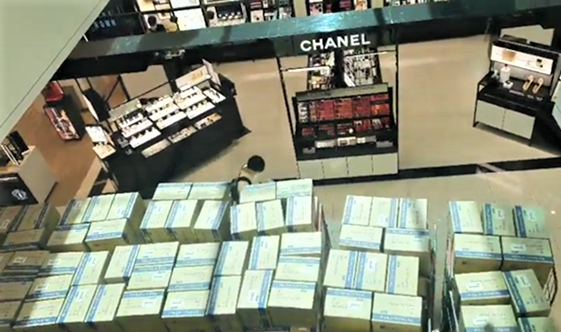
The Korean media reported this week that department stores have sent out official notifications to partners that their offline shops would close under level 3. Brand partners who are not listed on the department stores’ online platforms are being urged to embrace the ecommerce channel.
Leading duty free retailers have yet to send out any such notifications as most products sold in-store are also available on the well-established travel retail ecommerce sites.
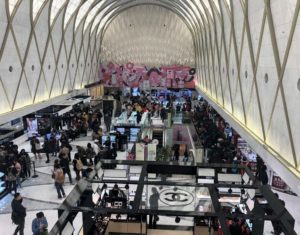
*Note: Seoul-based Korean national Min Yong Jung is Senior Retail and Commercial Analyst at The Moodie Davitt Report. His appointment in June 2019 was the first of its kind in travel retail media. It marked the creation of the Moodie Davitt Business Intelligence Unit, a new division designed to provide a previously unseen level of research and analysis for the travel retail channel.
Do you have research needs related to the Korean and Asia Pacific travel retail and luxury markets? Min Yong Jung can be contacted at minyong@moodiedavittreport.com










